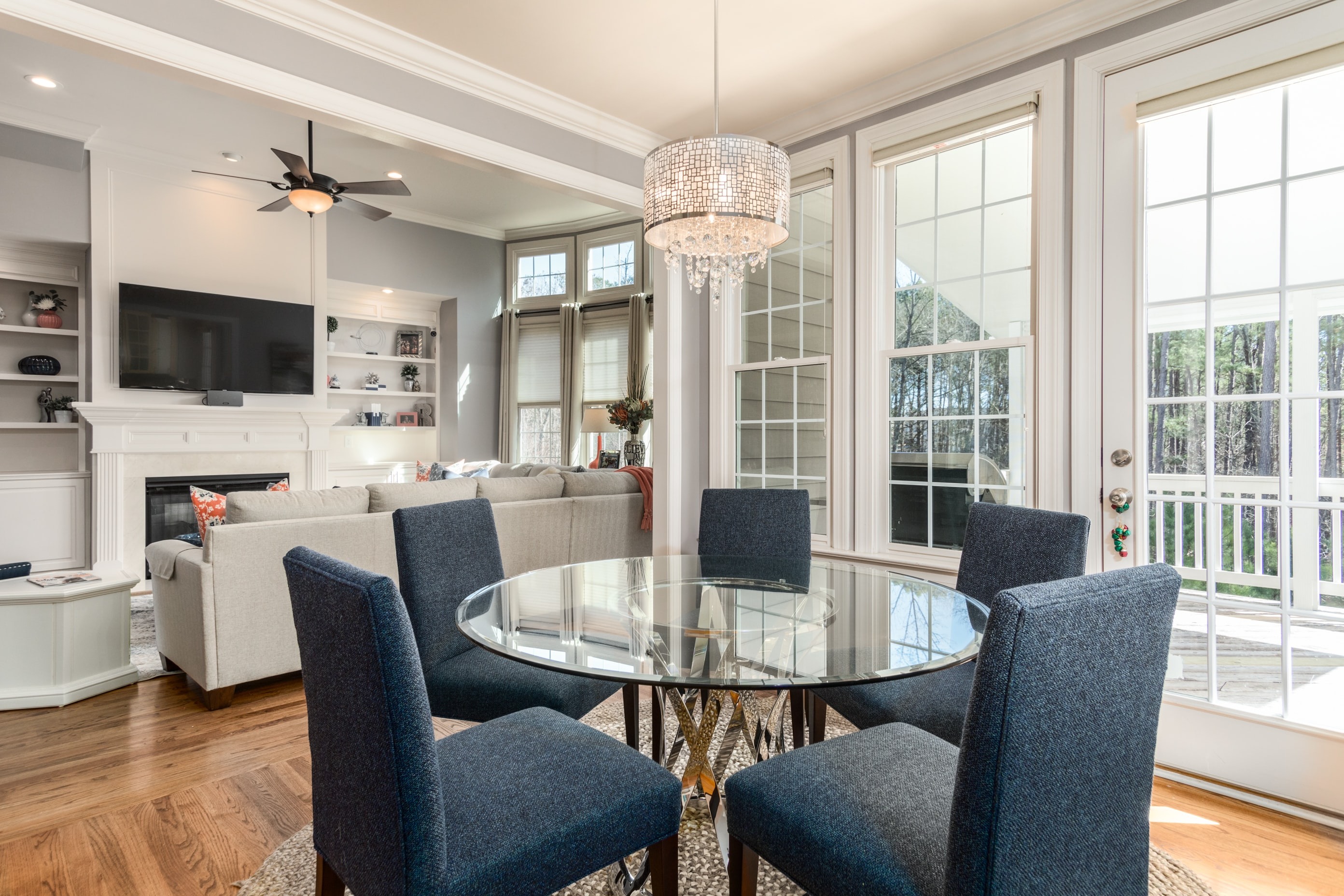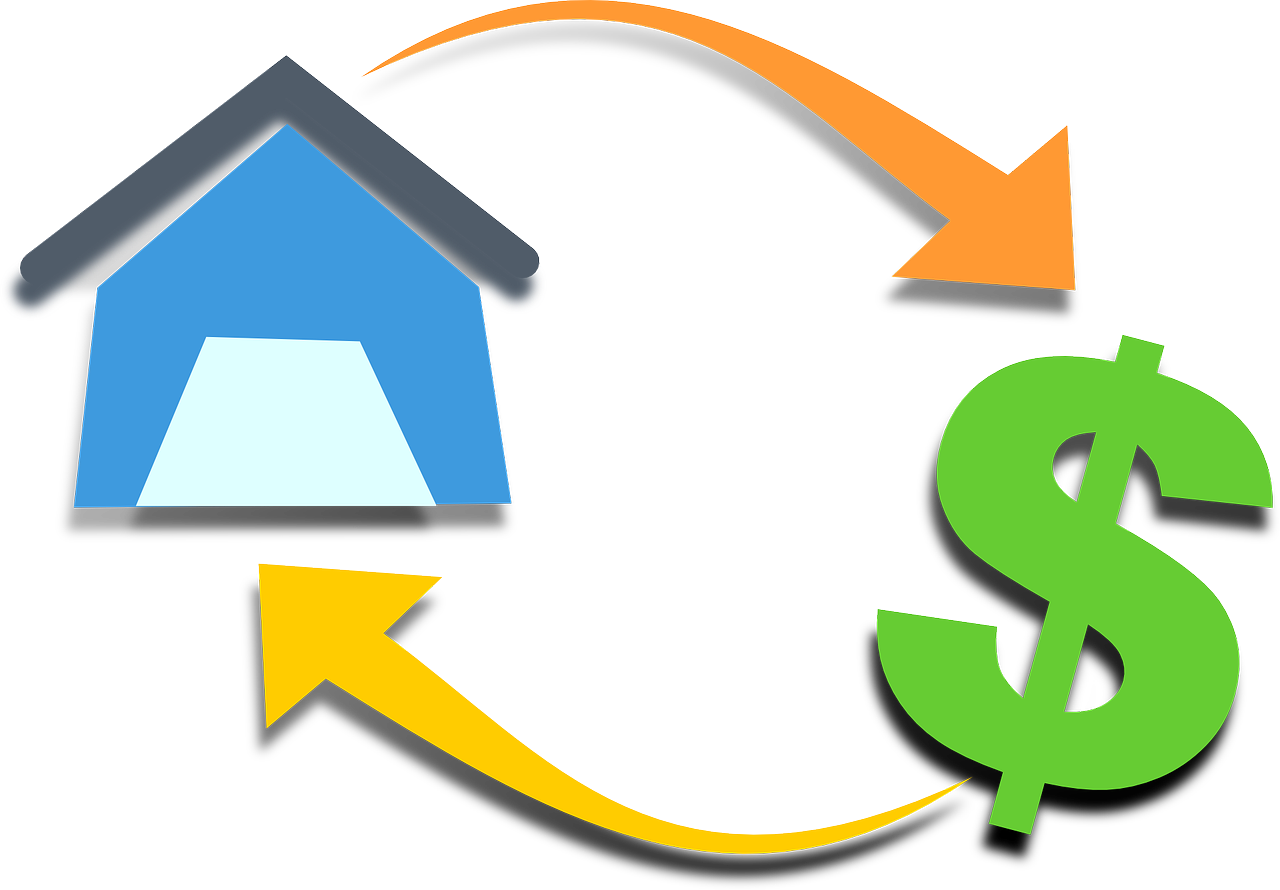
Buying a home is an important decision, and it's one that should not be taken lightly. Here are seven mistakes first-time homebuyers tend to make:
1. Not Doing Your Research
Before you decide to buy a house, it’s important to research all your options and understand what you’re getting into. This can save you hundreds, even thousands of dollars and a lot of headaches.
We recently interviewed two first-time home buyers about their experiences buying their first homes. The biggest mistake they made was not researching the financing options for the home purchase. The second mistake was not communicating with their real estate agent or financial advisor before seeking a mortgage lender. These professionals are usually up to date with information on lenders and rates.
The best way to determine which type of loan is best for you is to talk to an experienced lender and discuss your needs with them. Most lenders will offer several different types of loans, including fixed rate mortgages and variable rate mortgages as well as various interest rate options available from lenders.
So, before you get into battle with your financial advisor, let him or her help you navigate through this process by asking them about any fees that will be charged in order to get you into the loan process. Remember: They want to earn and keep your trust!

2. Assuming You Can Afford a Home
Do no overextend your budget. Even if you think you can afford the house, it's important to have a realistic budget before you begin house hunting. Overextending your finances is not a good idea, as it can result in sleepless nights and mortgage payments that are beyond your means. Before you start house hunting, use an online mortgage calculator to determine how much you can afford each month. You should always aim to spend no more than 30 percent of your income on housing.
Along the same lines, another mistake a first-time home buyer makes is changing their credit rating. Mortgage lenders check your credit rating both when you apply for a mortgage and when you close on it. If you make any changes to your credit score while you're buying a home, it could result in a lower mortgage approval or a higher interest rate. Buying a home on credit is risky, and many first-time buyers have lost their dream home due to this mistake.
3. Not Getting Pre-Approved for a Mortgage
One mistake that many first-time home buyers make is assuming that they already have excellent credit. Although your credit score may seem to be OK, your lender wants to make sure that you're financially qualified to handle a mortgage. In addition to saving for a down payment, you should keep in mind that home ownership involves more than just the monthly mortgage payment. For this reason, you should check your credit report before submitting an offer.

When buying a home, you should make sure that you are within your budget. If you spend more than you can afford, you'll likely end up with a higher monthly mortgage payment than you can afford. Before you begin searching for a home, use an affordability calculator to figure out what you can afford. This way, you'll be sure to avoid making the biggest mistake of all - buying a home that you cannot afford.
4. Bidding Too High on a Home
One of the biggest mistakes a first time home buyer can make is bidding too high on a home. This can happen for a few reasons: the buyer may be emotionally attached to the home and not want to lose it, they may not have done their research on the market and are unaware of what homes are actually selling for, or they may simply not be aware of how the bidding process works.
Whatever the reason, bidding too high can end up costing the buyer dearly. Not only will they have wasted their time and money on inspections and appraisals, but they may also lose out on other homes that they could have purchased for less.
It's important for buyers to be realistic about what they can afford and to do their homework on the market before making an offer.

5. Not Being Prepared for the Closing Process
Home buyers often have high expectations for the closing process. They anticipate a quick and seamless event in which all of their questions are answered and all of their needs are met. Unfortunately, this is not always the case. Closing can be a long and frustrating process, especially if you are not prepared for it. Here are a few tips to help you make the most of your closing experience:
A. Familiarize yourself with the closing process. Make sure you know what to expect and how the process works. This will help minimize any surprises or confusion on closing day.
B. Communicate with your lender and settlement agent. Let them know if you have any questions or concerns, and make sure all of your paperwork is in order.
C. Organize your financial documents. Be prepared to provide proof of your income, assets, and debts at closing.
6. Not Having an Emergency Fund Saved Up
It's always a good idea to have some money saved up in case of an emergency. However, for first-time home buyers, this is especially important. Without an emergency fund saved up, buyers can find themselves in a difficult situation if something unexpected comes up.

For example, if the buyer's closing costs are higher than expected or the seller backs out of the deal at the last minute, the buyer may not have enough money to cover these costs. In addition, first-time home buyers often need money for repairs and renovations after moving in.
7. Not Considering All of Your Options
Before you make a decision on where to buy your home, it’s important that you consider all of your options. If you don’t have a clear idea of what it will take to complete the home purchase process and house hunting, you’re going to be left with a lengthy paperwork headache.
The good news is that there is an abundance of information available that can help you narrow down your search for the perfect home.
In conclusion, there are seven mistakes that first-time home buyers tend to make. It's important to be aware of the most common mistakes, in order to avoid them. By sidestepping these mistakes, you can increase your chances of finding the home that is perfect for you.
Remember, it is important to consult with a real estate agent to get expert advice and guidance throughout the process.
For more information on buying a Raleigh or Durham, NC area home, please visit www.breezyraleigh.com

 Add Row
Add Row  Add
Add 



